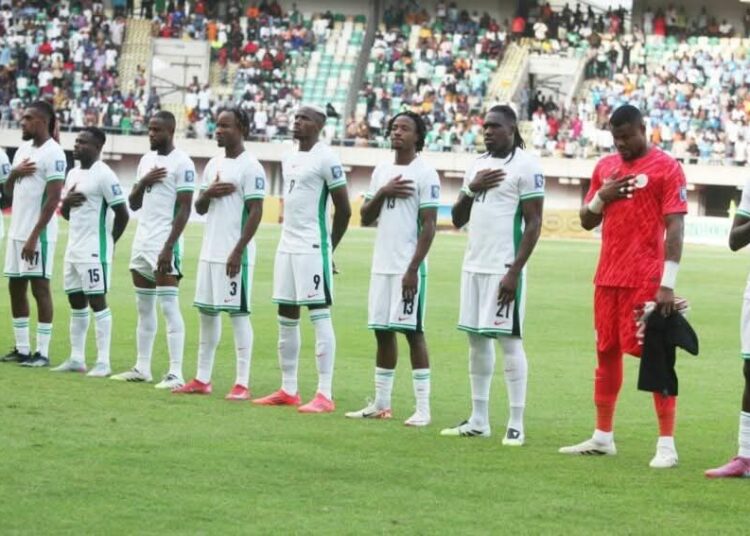Mozambique's LNG Megaproject: A Promise or Peril?
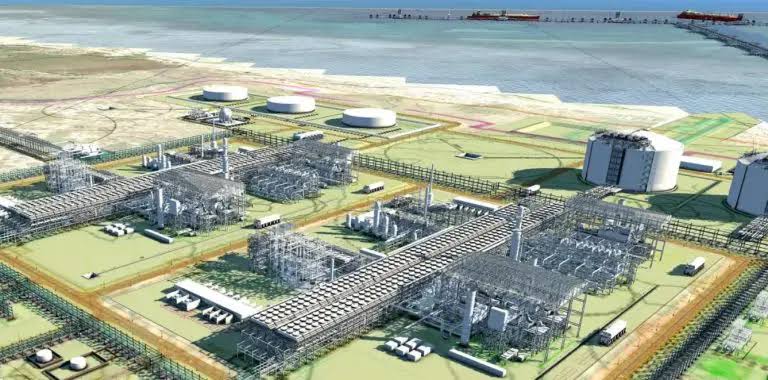
The silence descended on the Afungi Peninsula like a suffocating blanket, shattered only by the wind off the Indian Ocean.
Four years ago, the cacophony of construction at Mozambique's $20 billion LNG megaproject went quiet after bloodshed forced its suspension.
Today, the giant TotalEnergies project is stirring once more to life; a technical rebirth that raises as many fundamental questions about security and equity as it offers straightforward answers about economic possibility.
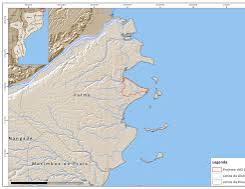
The Comeback of a Giant
The hiatus, brought on by gruesome insurgent attacks, was a record delay to a project that represented nearly a third of Mozambique's national GDP. Now that TotalEnergies begins preparations to resume full activities, the world holds its breath.
For the southern African nation, this comeback represents the ultimate test: Can a country successfully protect its largest economic asset from a determined enemy and actually make the profits benefit the people?
The Project That Could Transform a Nation
The location is the Afungi Peninsula in the northernmost Cabo Delgado province. The objective was simple: to tap the massive offshore gas fields and generate about $13.1 million metric tons of Liquefied Natural Gas (LNG) annually for exportation.
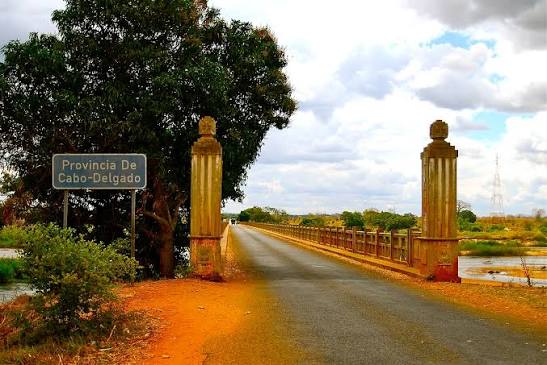
TotalEnergies is leading a consortium that includes giants like Mitsui and ONGC.
The promise was enormous: billions of dollars in state revenues, a potential restructuring of the nation's energy sector nationally, and a wave of new infrastructure and employment.
It was billed as the game-changing fulcrum that would lever Mozambique out of its long history of economic fragility and ensconce it as an energy power.
When Insurgency Stopped Progress
The dream was shattered violently in 2021. An escalation of attacks by an Islamist militant group, locally called Al-Shabaab (different from the group in Somalia) and linked with ISIS, culminated in a brazen attack on the town of Palma, near the project site.
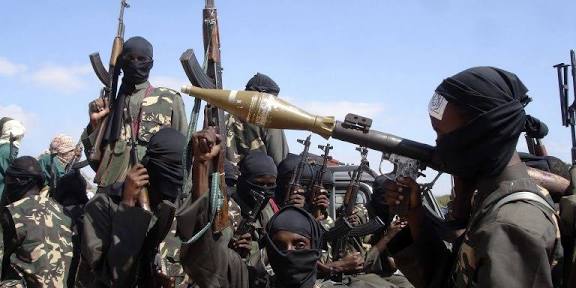
The human toll was immediate and devastating: lives were lost, tens of thousands were displaced, and development was brought to a standstill. Investors, spurred on by insurance clauses and fear, pulled back.
The government was finally forced to take the crisis seriously, eventually asking for military help from Rwanda and regional SADC forces to impose some order and push the rebels out of the main strategic zones.
TotalEnergies Returns, But Carefully.
The decision to restart follows months of careful negotiation and security assessment. TotalEnergies CEO Patrick Pouyanné has publicly confirmed the preparation phase, citing improved regional patrols and the marking of protection zones as key guarantees.
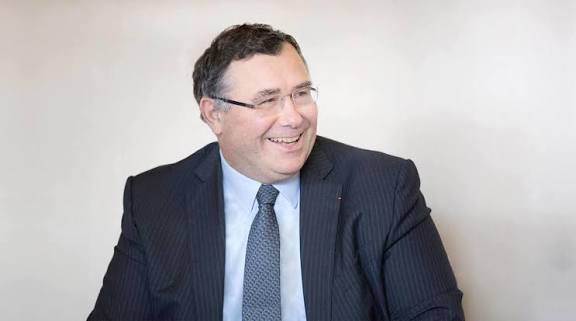
The storyline of the company and the government is one of successful stabilization. Yet this resumption is also a delicate political ballet.
The firm not only has to provide security to its contractors but has to actively pursue mending the lost trust with local populations through revised development and benefit-sharing plans.
Risks Beneath the Surface
Beneath the narrative of stability, there are significant concerns.
Security; military experts are quick to point out that while the insurgents have been pushed out of the immediate project vicinity, their presence continues to simmer in the more remote northern Cabo Delgado districts. The threat hasn't been eliminated; it's just been decentralized.
The long, exposed supply routes needed to import equipment and laborers still remain potential soft targets, and a single well-coordinated attack has the potential to once again spook investors.
Social Equity
The most significant threat, though, may not come from the insurgents but from the communities themselves.
Many residents were relocated to make way for the massive industrial complex, and issues of tardy resettlement, inadequate compensation, and overall lack of project inclusiveness continue to fuel resentment.
If economic benefits from this megaproject accrue only to the national elite and foreign partners, the same social forces that gave rise to the insurgency would re-emerge.
Environmental Impact.
Globally, the project is being criticized by climate activists as a massive carbon bomb.
At a time when the world is chasing net-zero emissions, the development of a massive new fossil fuel reserve is highly questionable in the context of long-term climate responsibility and whether new large-scale LNG production is reconcilable with the planet's rapidly diminishing carbon budget.
What This Means for Africa's Energy Future
Mozambique's success will be felt far beyond its borders. If the project comes on stream, it could transform the country into a top LNG hub, providing competition to incumbent African producers Nigeria and Angola.
This would be a significant move towards greater Southern African energy independence.
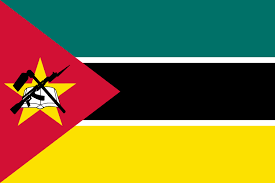
The Afungi complex is also a microcosm of the global tension between legitimate energy needs especially in the developing world and growing climate action.
The international investors' optimism for gas gains could not be more at odds with the dire, on-the-ground reality for those who have lost their land and safety to the project.
How Mozambique gets through this trajectory will provide an instructive precedent for how the continent is going to balance its need for economic development with the world's drive towards a green transition.
The Delicate Balancing Act
The Afungi megaproject is a powerful symbol: a colossal torch of hope of prosperity in the midst of the enduring darkness of conflict and inequality. Mozambique's gas riches can rechart its destiny—but only if the dream of sustainable peace and equitable sharing is more alluring than the pursuit of short-term gain.
You may also like...
Super Eagles Fury! Coach Eric Chelle Slammed Over Shocking $130K Salary Demand!
)
Super Eagles head coach Eric Chelle's demands for a $130,000 monthly salary and extensive benefits have ignited a major ...
Premier League Immortal! James Milner Shatters Appearance Record, Klopp Hails Legend!

Football icon James Milner has surpassed Gareth Barry's Premier League appearance record, making his 654th outing at age...
Starfleet Shockwave: Fans Missed Key Detail in 'Deep Space Nine' Icon's 'Starfleet Academy' Return!

Starfleet Academy's latest episode features the long-awaited return of Jake Sisko, honoring his legendary father, Captai...
Rhaenyra's Destiny: 'House of the Dragon' Hints at Shocking Game of Thrones Finale Twist!

The 'House of the Dragon' Season 3 teaser hints at a dark path for Rhaenyra, suggesting she may descend into madness. He...
Amidah Lateef Unveils Shocking Truth About Nigerian University Hostel Crisis!

Many university students are forced to live off-campus due to limited hostel spaces, facing daily commutes, financial bu...
African Development Soars: Eswatini Hails Ethiopia's Ambitious Mega Projects

The Kingdom of Eswatini has lauded Ethiopia's significant strides in large-scale development projects, particularly high...
West African Tensions Mount: Ghana Drags Togo to Arbitration Over Maritime Borders

Ghana has initiated international arbitration under UNCLOS to settle its long-standing maritime boundary dispute with To...
Indian AI Arena Ignites: Sarvam Unleashes Indus AI Chat App in Fierce Market Battle

Sarvam, an Indian AI startup, has launched its Indus chat app, powered by its 105-billion-parameter large language model...




